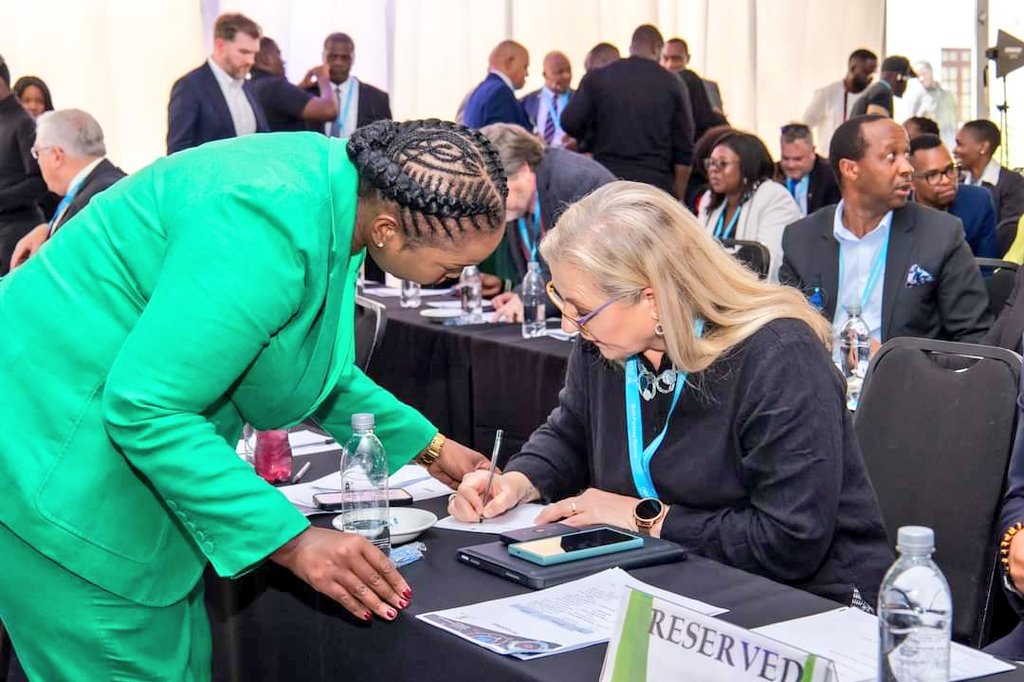By Johnathan Paoli
Electricity and Energy Deputy Minister Samantha Graham-Mare has called on businesses and the country to cooperate and invest in renewable sources of energy in the face of serious increases in carbon taxes.
She said the government’s priority was protecting jobs and strengthening South Africa’s economy.
“By embracing renewable energy, we’re not only reducing emissions but creating new opportunities for growth, securing our industries’ future and keeping South African businesses competitive in a global market that values sustainability,” she said in a statement.
The deputy minister said that with coal still powering nearly 80% of South Africa’s electricity, the upcoming Scope 2 tax on indirect emissions and the European Union’s Carbon Border Adjustment Mechanism threatened to raise costs for businesses and put R52.4 billion in exports at risk.
By 2034, South African companies could face up to a 60% increase in electricity costs due to these new carbon taxes, with rates expected to jump from R190 to R462 per tonne by 2030.
Graham-Mare confirmed that as current tax allowances were gradually phased out, some industries may see an overwhelming 340% increase in carbon tax payments.
She said the path forward to secure employment and growth lay in the investment in cleaner, cost-effective energy sources, and building a more resilient, sustainable economy that was essential for maintaining profitability.
On Monday, the department emphasised the government’s commitment to promoting the continued use of nuclear energy in the country’s energy mix, during the Stand-Up for Nuclear Event.
Director-general Zizamele Mbambo highlighted the need for diversifying and expanding the alternative sources of energy in the country.
“There is a global surge on nuclear energy as a low-carbon source, nuclear energy is seen as an unavoidable part of the solution to meet the world decarbonisation targets,” Mbambo said.
Graham-Mare said the government was prepared to work with business in order to unlock the potential of renewables, helping reduce the dependence on coal, stabilise energy prices and secure a prosperous future for the country.
INSIDE POLITICS

